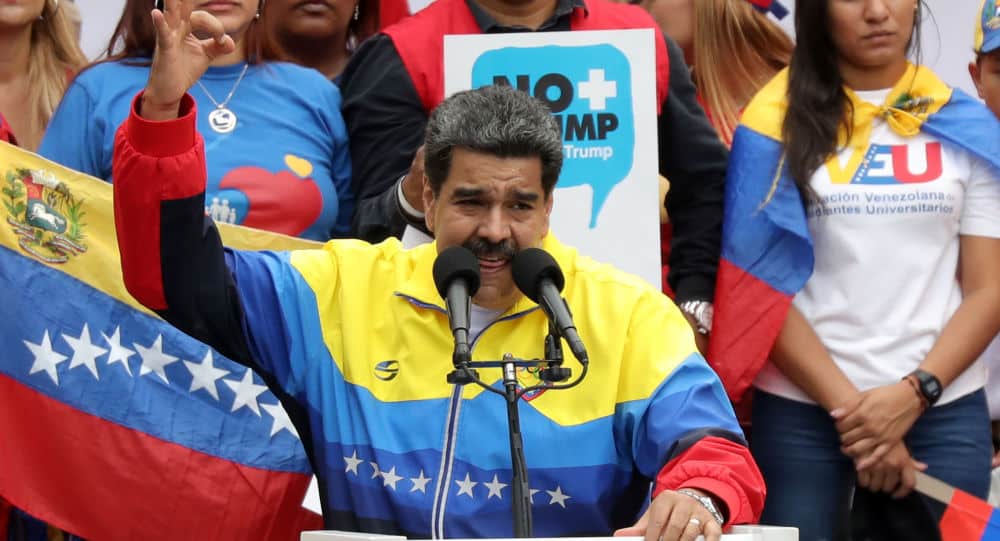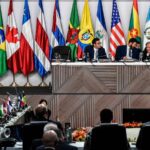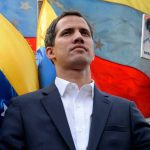The intense and constant media campaign that harasses the Venezuelan government is not only base on manipulation, lies and half-truths, the silence about politics that could set an example for other societies in similar circumstances does more harm to the process, because it makes their conquests invisible, and with that it reduces the support given to Nicolás Maduro.
Just a few hours ago, The Asamblea Nacional Constituyente (National Constituent Assembly), which has all control the power of the country’s legislation, thanks to the support of more than eight million people who overcame the boycott of the opposition – which only attracted the support of three million people – has approved a law that increases the taxes for the country’s e wealthiest.
As we have seen in the recent Spanish election campaign, the theme of taxes is a victim of the ignorance caused by the neoliberal model, which has successfully managed to integrate the idea that taxes <are bad> because <we pay more>. The wicked use of <us> deceives the social majority, who think that a tax increase, will always affect them.
However, there are many type of taxes, the indirect ones, like the Impuesto al Valor Agregado (IVA), Value Added Tax (VAT), that affects the population in an unfair way, because everyone- from Ana Botín (Executive Chairman, Santander Group) to an exploited worker that works with Glovo pay the same, regardless of the salary. The direct ones. Like the one that just got approved in Venezuela, are fairer as it allows for a redistribution of wealth, because they are more aimed at specific sectors that have vast fortunes, who must pay more than those who do not
Therefore, the government of Venezuela shows in the practice that taxes can be increased without affecting the social majority. In this case, the people that live in a Caribbean country and have assets that exceed 250.000 euros, (It does not count the first home unless it has a value of more than 472.000 nor does it have on clothing, shoes, communal property, assets used for agriculture or food production), they will have to pay fees that range from 0.25% to 1.50% per year, in a progressive form as the value of assets increases.
The law is intended to alleviate the deficit caused by the economic warfare and sanctions enforced by Donald Trump’s administration
Translated by Brad Alan Arequipa Abril.



